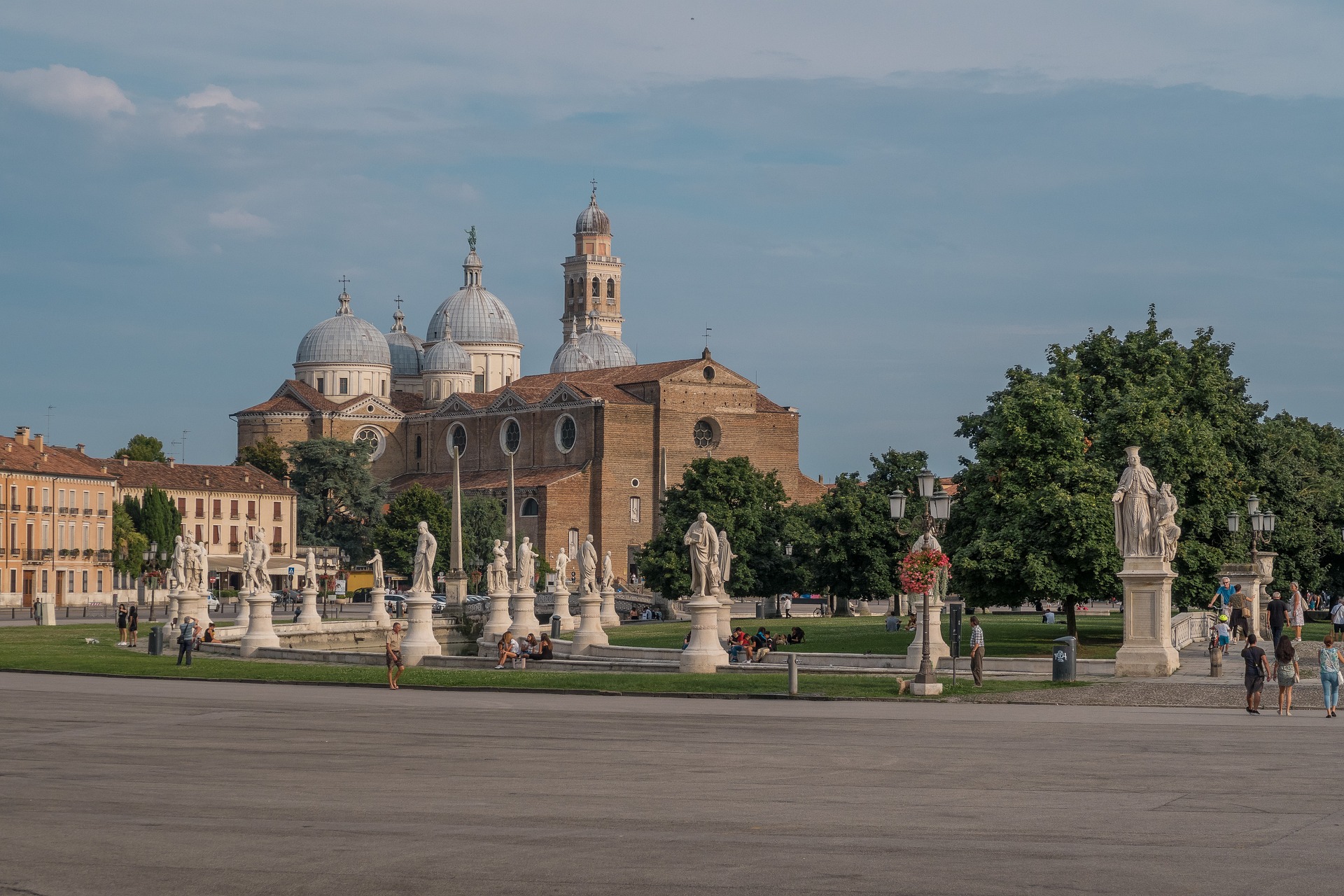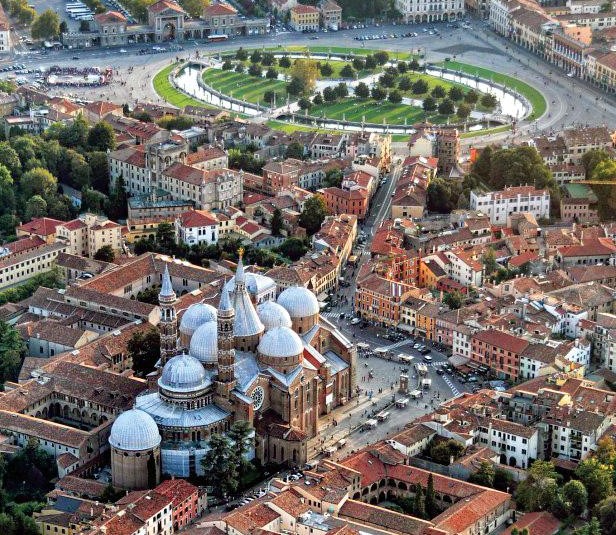
ISLYE Exchange Programme – Padua
If you are interested in the Italian market, come to Padua…
Padua is located in the Veneto region, one of the richest areas in Italy. Agriculture and tourism are the main economic activities. Since the 19th century, industrialisation has developed the food, textile, footwear, and furniture sectors.
One of Europe’s largest industrial zones is located here, with more than 1,300 companies involved in production and industrial diversification. The banking sector is another important business in Padua. Despite the global crisis, the economy of the Veneto region is constantly growing and innovation is one of the reasons.
In 2023, Padua won the European Rising Innovative City Award. This is given by the European Innovation Council (EIC) to cities that connect citizens with the academic world, companies, and the public sector to improve society and promote innovation.
In 2024, Padua, a city with an international reputation for excellence in science and technology, successfully hosted the inaugural edition of the World Health Forum Veneto. The forum was dedicated to analysing the present and exploring the future of the evolution of medical science and technologies that can improve life, with a particular focus on AI and machine learning.
Its academic and economic environment promotes the emergence of start-ups. There are currently more than 1,100 active start-ups in Padua, making Veneto the 4th region in Italy for start-ups.
Padua is a very lively city, rich in culture and art, with many places to visit and many curiosities to discover. Founded in 1185 BC and known as Patavium under the Roman Empire, it became the richest centre after Rome.
Since 1222 Padua has been the home of one of the oldest universities in the world and the second-oldest university in Italy.
It was one of the most important cultural cities of the XVI century and has two Unesco World Heritage Sites: the Botanical Garden (1545) and the XIV century fresco cycles preserved in 8 buildings, including the Scrovegni Chapel frescoed by Giotto.
More than 2 million tourists visited Padua in 2022.
A truly student-friendly city, Padua is home to over 60,000 students among a population of just over 210,000. Students and city life coexist daily.

The University of Padua
It was officially founded in 1222 by a group of students and professors who had emigrated from Bologna in search of a place with greater freedom for their academic research. The University of Padua has always guaranteed freedom of speech and belief, and has been the meeting place of some of the most important European and Italian personalities, such as Copernicus, Galileo Galilei, great anatomists like Vesalio, William Harvey, and others. In 1678 the first female student in the world graduated here: Elena Lucrezia Cornaro Piscopia.
In 2023, the university had 69,000 students, of which 10% were from abroad.
There are 32 departments, 8 schools, 3 campuses and 1 school of specialisation. The university offers 197 degree programmes, 62 of which are taught in English. The employment rate of students is 57.4% within one year of graduation and 90.1% within three years of graduation.
The university polyclinic is one of the leading medical centres in Italy. In fact, with almost 1,682 beds, it is currently the largest hospital in Italy. It has also proved to be one of the most important Italian healthcare providers in terms of the number of patients with rare diseases, thanks to its participation in ERNs (European Rare Diseases Network).
Start-up support at the University of Padua
The University of Padua has 61 spin-offs active in 2024. It offers a rich ecosystem for start-ups and entrepreneurial projects.
Start Cube is the University incubator and accelerator. It provides entrepreneurial training for early-stage start-ups and integrates them into a network of companies and start-ups for cross-fertilisation activities.
Ecosystem
Padua ecosystem is quite rich and among its main important players are the following:
- iNEST organises cross-cutting activities, such as an acceleration programme to support the generation and development of spin-offs and start-ups; the creation of a network of joint strategic labs between universities and companies; lifelong learning courses; and calls for the funding of project ideas from young researchers on iNEST research topics. iNEST the interconnection of several ecosystems with 11 founding members (universities and research centres of Triveneto) and 11 affiliates. It focuses on 36 research topics and its main goals are:
- Strengthening synergies between local institutions, research centres, and the associative and entrepreneurial world (to avoid);
- Designing innovation paths and strategies;
- Improving technological transfer to the territory.
- SMACT is one of the 8 Italian Competence Centres for 4.0, founded in Triveneto to collect, systematise and disseminate 4.0 skills and competences from research, early adopters, and technology providers to Italian companies and territories. It is a platform for the digital transformation. There are five 4.0 demonstrators across the territory. They are live demos- innovative technology transfer spaces/schools in which installations serve as “case studies” to show demonstrative 4.0 use cases:
- From Fork to Farm, dedicated to the food chain;
- Wine Factory, IT/OT convergence for the wine industry;
- M2M manufacturing, advanced manufacturing;
- H2M manufacturing, man-machine interaction;
- Digital twin for manufacturing.
Padua
If you want to know more about the economy in Veneto, read this report.
Contact
- Stefania Coppo, rapporti.imprese@unipd.it
- Arqus Unipd, arqus@unipd.it
- Phone: 0049 341 33754.
